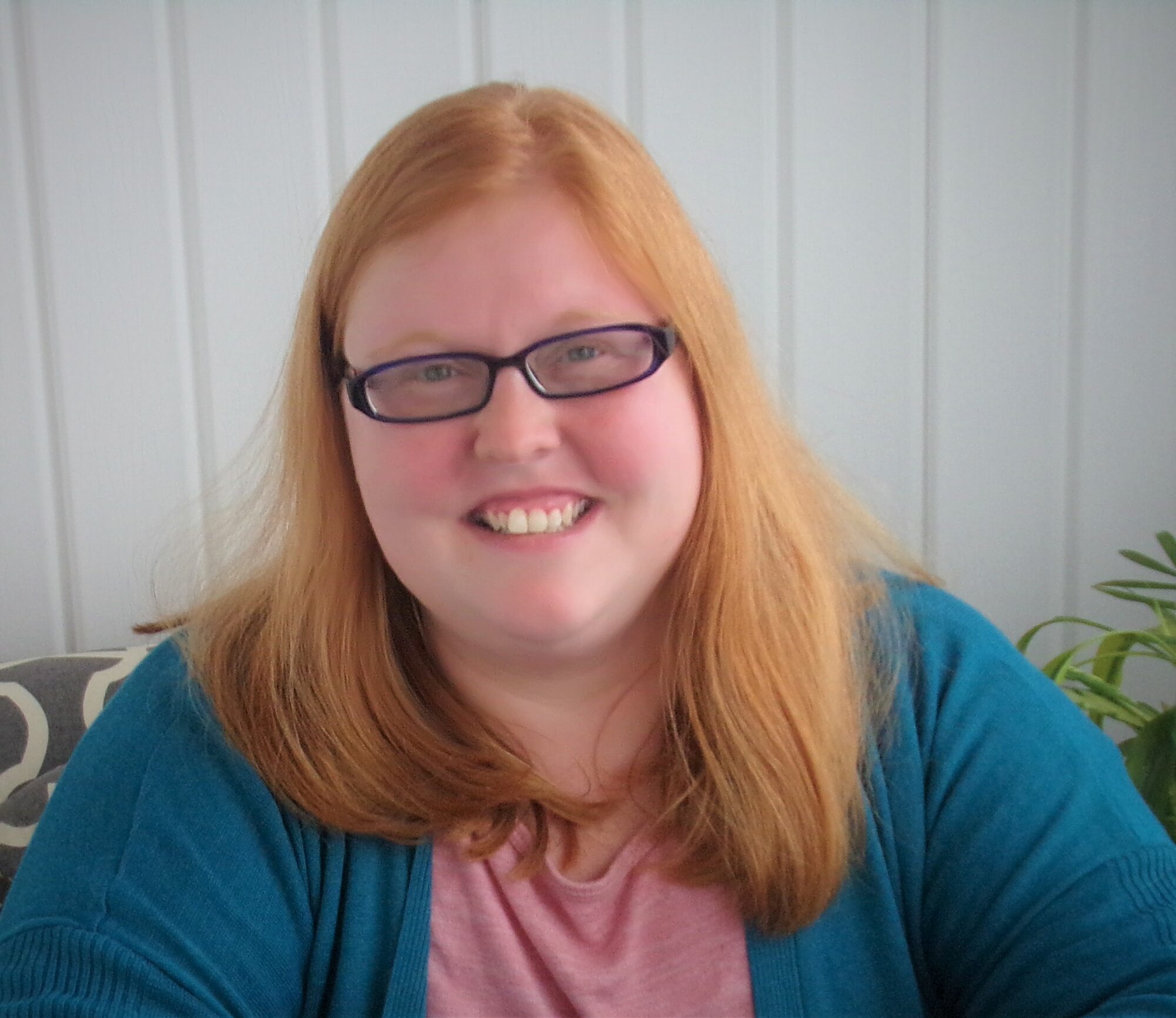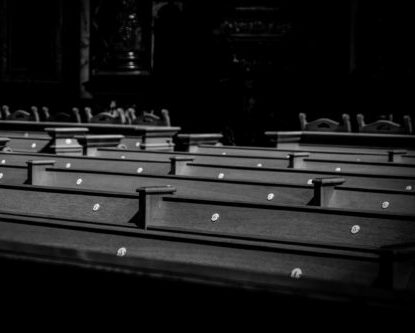Any person who identifies as an “exvangelical”, or someone who has left the conservative evangelical tradition, has their own story and possibly carries their own baggage. No two experiences are the same. However, we are often lumped together as people with interesting stories to tell, and our trauma from our spiritual and cultural upbringing is often minimized or ignored. I recognize that not all evangelicals are the same as there are many who are justice-minded, but here I am speaking to my own experience of harmful theology.
Many exvangelicals are leading spiritual conversations about the future of the church, such as Brian McLaren and the beloved, late Rachel Held Evans. They speak loving and strong truths about the damage of harmful doctrine, and they actively engage in conversation or debate with current evangelical leaders. The work they do is incredible. But these leaders and writers chose to tell their stories and enter into difficult conversations. Even though we, as readers, can witness these conversations, we will never fully grasp the emotional and spiritual scars they may carry. Not all of us who identify as exvangelicals can do this work.
I came from a branch of evangelicalism known as fundamentalism. We read the Bible “literally” meaning our beliefs were based on believing each tale from scripture had occurred exactly as written, an accurate historical retelling. I had strict gender roles enforced, hearing the message almost every day of what I could and could not do because I was a woman.
I had strict gender roles enforced, hearing the message almost every day of what I could and could not do because I was a woman.
I heard multiple times a day about how easy it was to “backslide” (or make a sinful mistake, or series of mistakes) which would send you to hell to burn forever. So I would repent fervently for each mistake I made hoping it would cover my sin with enough forgiveness so as not to be in torment.
I broke away from the fundamentalist evangelical tradition in college and joined the PC(USA). After college, I pursued ministry and attended seminary. In seminary, I had some wonderful friends who would hear me out and support me when I was wrestling with spiritual questions, but this was not always the case in my classes.
In many of our classes, we were asked to tell personal stories that helped shape our faith and our calling to ministry. When I would tell these stories of my childhood, I would get some interest, but I also got some bored stares. I was now a Presbyterian who was considered a “mainline” Christian. Most of my fellow mainline Christian classmates had family members that they disagreed with theologically, and they had to navigate carefully when they visited for the holidays. That’s pretty much the same thing as being an exvangelical, right? No, not at all.
Hearing evangelical messages from a family member a couple of times a year and navigating family tension can be tough. But it is not the same as having this doctrine preached at you, scared into you from the time you were born when your mind is young and malleable. I never mentioned the deep emotional abuse I experienced fueled by the fundamentalist theology that my faith and my family was wrapped in. Maybe then my story would have been juicier.
Now, as a biblical storyteller, I encounter other clergy persons across denominations at my performance and workshop appointments. When connecting with colleagues on a deeper level, my background inevitably comes up. Then, when the tide of the conversation turns toward future endeavors, I state that I try to avoid the evangelical circuit. I often get a response like, “You could do some good work there,” or “They could really use your voice.” Again, my trauma is not acknowledged. Exvangelicals shouldn’t have to keep a detailed record to convince our mainline colleagues that what we’ve lived through is real.
I often get a response like, “You could do some good work there,” or “They could really use your voice.” Again, my trauma is not acknowledged.
I do not deny that I myself, a white, straight, cisgender woman have my own privileges that I must be aware of and continue fighting against the systems that set them in place. Many of the beliefs I held in my childhood and adolescent years perpetuated systems of injustice, and I continue to repent of and combat those convictions. No one is exempt from standing up for justice and speaking truth to power in whatever situation we find ourselves in. If and when I find myself at odds with someone theologically, I speak up relying on the Holy Spirit to give me the words to say. But there is a difference between speaking up when necessary and asking an abused person to go face down their abuser.
While I can only speak to my own experience, I realize that what I am expressing could echo in other situations. This makes me wonder how many times I have neglected to fully acknowledge the trauma experienced by people of color, LGBTQ+ individuals, people experiencing poverty or my fellow women. I, too, must be vigilant against my own lack of understanding and my own ignorance in suggesting that these people need to educate every one of their own experiences of abuse and injustice. I must stand in solidarity and do my part to be the one making change in the communities that have hurt them instead of expecting them to do it. We as the church must strive to do better in this together.
This makes me wonder how many times I have neglected to fully acknowledge the trauma experienced by people of color, LGBTQ+ individuals, people experiencing poverty or my fellow women.
I ask from my mainline colleagues who do not identify as exvangelical to not commission those of us to go back to our abusive communities to educate and debate them. Some exvangelicals can do this work, but it is of their initiative to pursue this not anyone else’s. We need acknowledgment of our trauma, not encouragement to open ourselves back up to endure further possible abuse. It is not our emotional labor to undertake; our emotional labor is to survive, heal, move forward and do good in the world. We are striving at this every day. Perhaps the Holy Spirit may be stirring this work in your heart instead.

Glory Cumbow is ordained in the PC(USA) and an actress. She ministers as a biblical storyteller through Tales of Glory, bringing the stories of scriptures to life to churches and communities. Previews of her stories and her storytelling workshop can be found at glorycumbow.com. She lives in Belmont, NC with her husband, Andy, where they frequently attend plays and concerts and enjoy traveling together.






Unbound Social